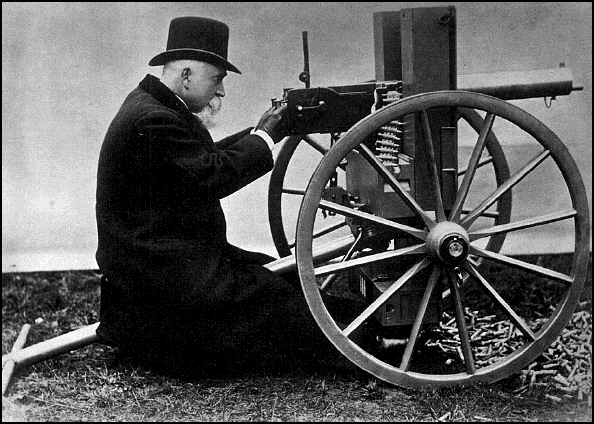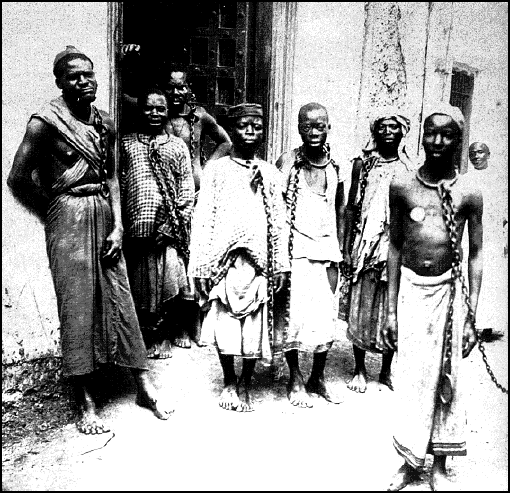
Empire
The Rise and Demise of
The British World Order and
The Lessons for Global Power
Niall Ferguson
(Basic Books)

Sometimes it helps to admit to you, dear reader, that I haven't gotten through the book I am supposed to be reviewing. In the case of Swagbelly, [also reviewed in this issue], it is because it was such a beastly piece of cheese, served on wet, moldy bread. In the case of Empire, it's something else again. It's because I don't want it to end. I want to savor the drawings and maps and photographs but most of all I want to savor the text. Ferguson is, as the present-day juveniles would say, awesome.How in god's name one man can draw together all the loose ends of the 300 year history of the British Empire in 350 or so pages, and make any sense of it at all is beyond me --- but he does it, and he does it well, and if you have any affection for history that is fun and cogent and lively, this should be your baby. I'm already on page 229, and with luck, I'll stretch out my reading, three or four pages a night, so I can squeeze at least another few weeks out of it.
Part of the fun of it comes from the facts, dozens and dozens of contrary facts that the author delights in:
- Those buccaneers of the Spanish Main were little more than common thieves --- dutifully commissioned by the kings and queens of England.
- The Seven Years War was "the nearest thing the eighteenth century had to a world war."
- The Pilgrims thanked God for the fact that 90% of the American Indians had died of disease before they arrived: "The Hand of God," said the Governor of Carolina, has been "eminently seen in thinning the Indians to make room for the English."
- Paul Revere didn't shout "The British are coming!" but "The regulars are out," (Americans were still British in 1775);
- The Declaration of Independence was signed on 2 July 1776 (Thomas Jefferson misdated a letter announcing the event).
- "In economic terms, the continental colonies remained of far less importance than those of the Caribbean," which may be one reason the war to hold on to them was not persecuted more vigorously.
- The English criminals who got shipped off to Australia between 1787 and 1853 were mostly nabbed for petty offenses; thus "Australia literally started out as a nation of shoplifters."
- The Indian Mutiny of 1857 was no mutiny, but "a full-blown war."
- And rather than being over lard-coated cartridges, it was Indian's fear of English attempts to "Christianize India."
- Africa today "is a far more Christian continent than Europe ... and there are more Anglicans in Nigeria than England." Why? Because of "the development of effective quinine based prophylactics against malaria. That made being a missionary a far less suicidal vocation."
- John Newton, the author of the popular hymn, "Amazing Grace" was a prosperous slave trader.

Ferguson spices his history with juicy bits of gossip, quotes from current journals and newspapers, and even satiric songs of the era. When Cecil Rhodes embarked on war with Lobengula in Matebele, his troops used a new "secret weapon:" the Maxim which could fire 500 rounds a minute. In 1893, in the battle of Shangani River, 1,500 Matebele warriors were killed while only four British died. The English Liberals penned a bitter satire on the victory, which Rhodes' men --- the Chartered Company Volunteers --- then cynically adopted as their anthem:
Onward Chartered Soldiers, on to heathen lands,
Prayer books in your pockets, rifles in your hands.
Take the florious tidings where trade can be done,
Spread the peaceful gospel --- with a Maxim gun.Tell the wretched natives, sinful are their hearts,
Turn their heathen temples into spirit marts.
And if to your teaching they will not succumb,
Give them another sermon with the Maxim gun...When the Ten Commandments they quite understand,
You their Chief must hocus, and annex their land;
And if they misguided call you to account,
Give them another sermon --- with a Maxim from the Mount.Ferguson is the author of The Pity of War and The House of Rothschild which I will probably be moving on to after I, dragging my feet, pacing it as slowly as possible, get to the very last pages of Empire.
--- Ignacio Schwartz